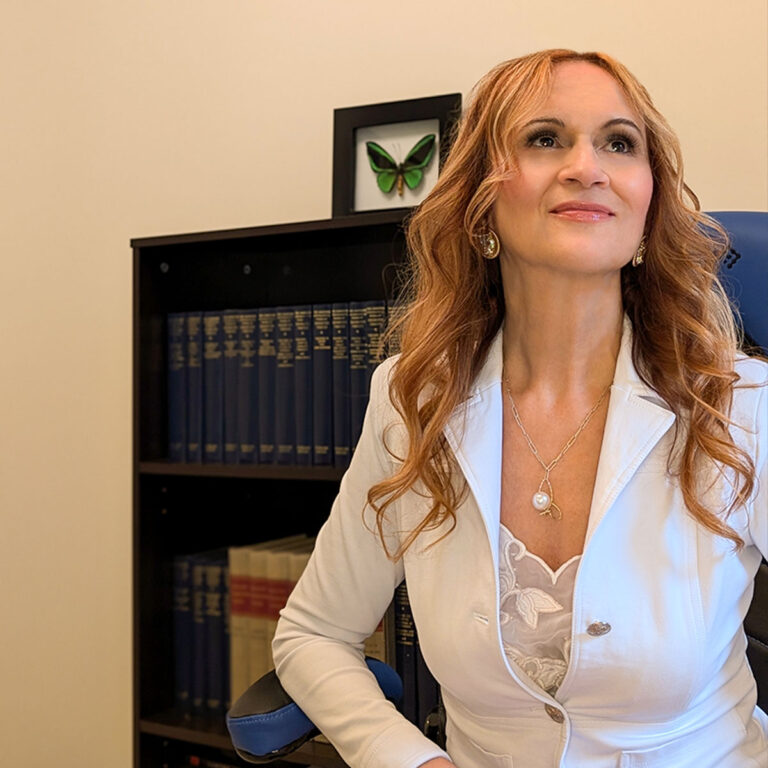We forfeit three-quarters of ourselves in order to be liked by other people.
— Arthur Schopenhauer
One of the main reasons we struggle emotionally is that we do not fully understand ourselves and our internal processes. Most of our life is happening at an unconscious level, operating outside of our awareness. Through dedicated work with a psychotherapist like myself, you will develop a better understanding of your unconscious mind and how it affects your everyday life. Regardless of the therapy approach we choose, online sessions offer a streamlined scheduling process, allowing us to meet at times most convenient for you.
The human psyche is an intricate web of thoughts and emotions, which makes knowing where to begin a daunting process. While many believe change is best accomplished by utilizing external resources, unlocking our internal strengths is most critical for personal development. In our youth, we often feel omnipotent, and as daring teenagers, we may even feel invincible; however, as adults, we often lose touch with our true selves. Rediscovering your authentic identity can lessen the effect of the socially constructed self that has been shaped by cultural influences.
Nothing ever goes away until it has taught us what we need to know.
— Chödrön
To begin your therapeutic journey, I will first gain a better understanding of your needs and overall mental well-being. With a deeper insight into your personality and emotional goals, I will recommend which psychotherapy strategy would be ideal for you. While psychoanalysis demands a more in-depth treatment schedule, less-intensive psychodynamic therapy still offers an excellent method to explore your past unresolved conflicts and foster strong self-awareness.
When addressing challenging psychological concerns such as anxiety, depression, PTSD, or schizophrenia, ongoing long-term psychoanalytic engagement yields the most positive results. Through regular sessions, we can explore the complexities of your past at a comfortable pace, without feeling rushed.
The human mind is an elaborate tapestry of mental processes, and meeting regularly will enhance our ability to unravel these intricacies together to understand and improve your overall mind. This approach also minimizes the possibility of your symptoms resurfacing in the future as a result of unresolved trauma. By also utilizing my professional understanding of the Diagnostic and Statistical Manual of Mental Disorders (DSM-V) and the Psychodynamic Diagnostic Manual, Second Edition (PDM-2), together we can work through any complex conditions that you are experiencing.
Psychotherapy stands out as one of the most effective avenues for addressing developmental trauma. Most short-term therapies, such as CBT primarily target symptom elimination rather than diving into your psychological and emotional depths to uncover the root cause. In contrast, psychodynamic therapy and psychoanalysis both unpack the internal complexities of trauma, acknowledging how pre-verbal memories deeply embed themselves in our bodies, beyond the reach of the conscious mind.
By working at the unconscious level, psychotherapy offers a transformative approach to uncovering the source of unhealthy mental responses and ruminations. It provides a safe space to navigate the inherent feelings of ‘unsafety’ stemming from developmental trauma, which helps foster trust in oneself and society. Through ongoing psychotherapy sessions, individuals can embark on a journey towards healing, while gradually dismantling inhibiting patterns and paving the way for genuine self-understanding and resilience.
Originally introduced by Sigmund Freud, this concept has undergone significant evolution in the past 125 years. Contemporary psychoanalysis delves into the intricate relationship between the unconscious and conscious mind, focusing on our natural drives and instincts. From a psychopathological standpoint, psychoanalysis offers invaluable perspectives on the development and expression of mental disorders, such as complex PTSD. The study of psychopathology involves an examination of defense mechanisms, which are psychological tools used unconsciously to manage distressing thoughts and emotions.
Defense mechanisms act as psychological shields against anxiety, guilt, and other discomforting emotions. For instance, repression, where painful memories or thoughts are pushed to the unconscious, can manifest as inhibiting symptoms like anxiety. By working through the root cause of these defense mechanisms, you can lessen the effect they have on your everyday life.
Building upon Freud’s foundational work, subsequent scholars have expanded psychoanalytic theories by exploring the impact of early relationships and familial roles on our unconscious psyche. Attachment theory was first originated by John Bowlby and expanded upon by Mary Ainsworth. This concept focuses on our relationship with caregivers as infants and how they affect our long-term mental well-being. Object-relations theory, pioneered by Donald Winnicott and refined by Melanie Klein, is another profound psychoanalytic framework which offers further insights into relational dynamics, promoting emotional growth and recovery in therapy.
Neuropsychoanalysis, another insightful perspective, sheds light on the human mind from a neurological standpoint. It investigates how brain functions, including neural networks, neurotransmitters, and brain structures, influence emotions, thoughts, and behaviours. By leveraging such robust frameworks, I harness my professional expertise to thoroughly understand the human mind, fostering healing and personal growth in each patient I work with.
Unexpressed emotions will never die. They are buried alive and will come forth later in uglier ways.
— Sigmund Freud
Nearly everyone who visits a therapist has a love disorder, and each has a story to tell - of love lost or denied, love twisted or betrayed, love perverted or shackled to violence.
— Diane Ackerman
Similar to psychoanalysis, psychodynamic therapy is often pursued to address early childhood developmental trauma and confront behavioural patterns that limit personal growth. Even though this treatment requires a less-demanding treatment schedule than psychoanalysis, it will still help facilitate lasting changes in your life and avoid a recurrence of anxiety and depression symptoms. Both psychoanalysis and psychodynamic therapy share common theoretical foundations, however, they differ in their intensity, focus, and therapeutic techniques.
This therapy is often considered non-quantifiable due to the unique nature of each client and their individual truths. While we have therapeutic tools at our disposal, the creative process is one-of-a-kind and requires the psychic strength of a knowledgeable therapist to unveil the masterpiece. I draw on both ego-psychology and self-psychology as tools during psychodynamic therapy, depending on your unique needs. By applying these effective concepts, I can help you manage mental disorders, improve coping mechanisms, and strengthen your self-esteem.
I take a unique approach to every client I work with by leveraging my extensive educational background. Through the psychoanalytic, psychodynamic, and philosophical framework I have built over my career, I am confident in my ability to effectively understand your mind and facilitate a path to healing.
Short-term therapies, like cognitive behavioural therapy (CBT), primarily target problem-solving but often fall short in addressing deeply rooted psychological and emotional trauma. While CBT engages our intellectual brain to analyze how emotions influence thoughts and behaviours, it struggles to access the source of mental responses that stem from pre-verbal traumatic memories, which occur before language development. These memories are intricately stored in the body and exist outside of conscious processes, leading to triggers that bypass logical understanding.
Rumination patterns are often a result of unresolved trauma and tend to resurface in different forms as individuals unconsciously perceive them as a safe coping mechanism. This cycle raises fundamental questions about the underlying reasons for rumination and how this tendency maintains a sense of security amid trauma. Thankfully, I am here to guide you in understanding your rumination patterns to help you release the emotional grip they hold on you.
The ability to make sense of tragedy and then find benefit in it is the key that unlocks posttraumatic growth.
— Jonathan Haidt
As a psychotherapist, philosophy has served me as a guiding light while working to understand the human mind and its many complexities. By integrating a philosophical framework into every online psychotherapy session, I will help you answer the existential questions and dilemmas that often underlie psychological distress.

Supporting patients requires ongoing self-care and self-awareness. Through online personal therapy and professional supervision of therapists, I help them build resilience to combat emotional challenges while enhancing their therapeutic skills.

To conveniently explore my range of fees available for psychotherapy and clinical mentorship, please visit my Jane App link below. Through this platform, scheduling your next appointment to seamlessly connect via video conference for your treatment sessions is made simple. Should you require clarification on my fees, feel free to contact me via email for assistance.